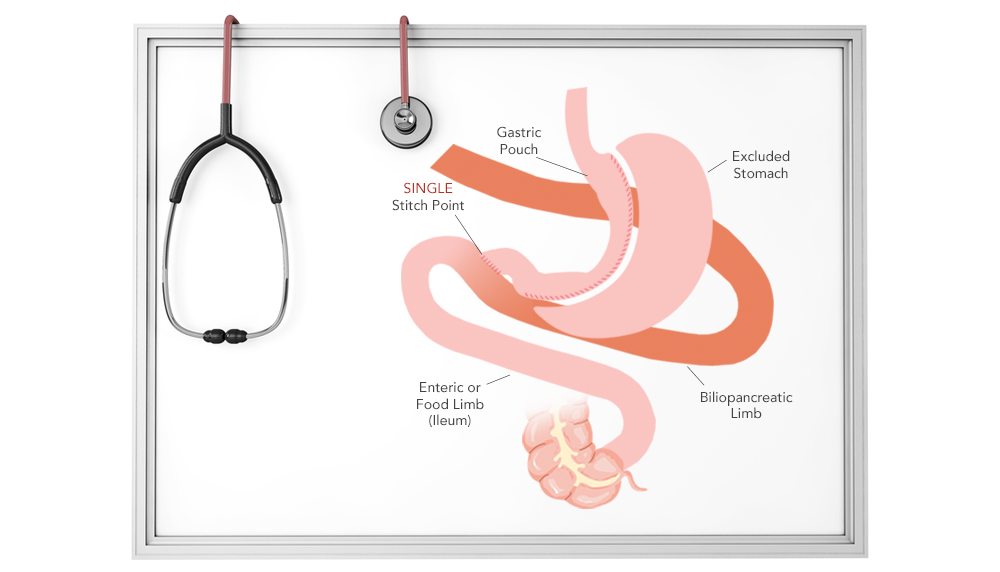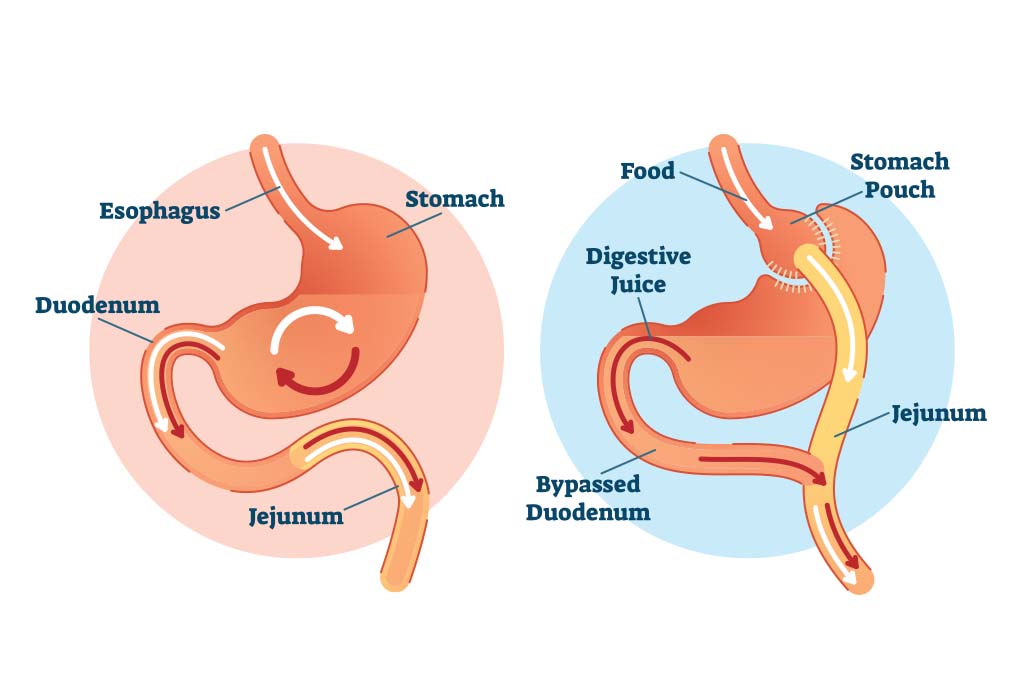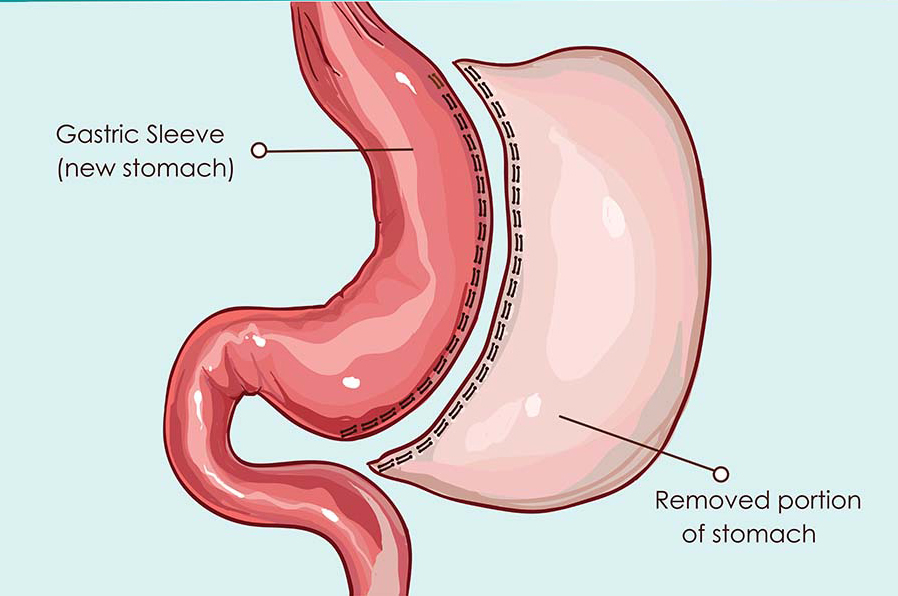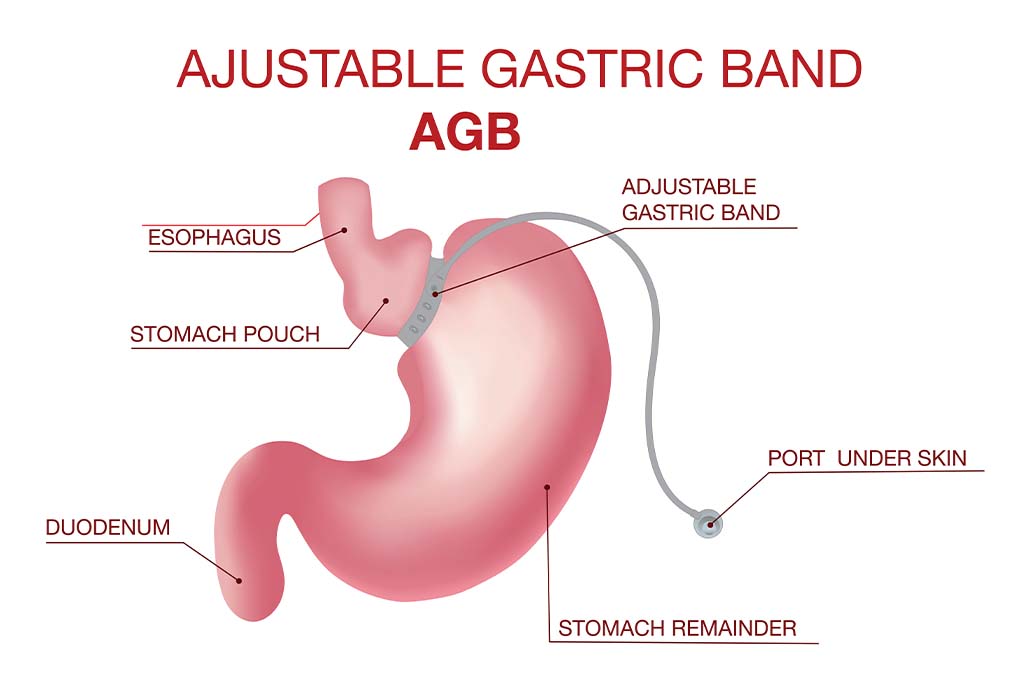Sometimes obesity cannot be treated with diet and exercise alone. Bariatric surgery could be the best option for patients who are severely overweight, are unable to lose weight by traditional means, or who may suffer from serious, obesity-related health problems.
If you are approved for surgery, the Wilmington Health Bariatric Surgery team can take you through the entire process, from evaluation to surgery and follow-up monitoring, along with nutrition counseling throughout.
After surgery, patients feel satisfied after eating small amounts of food. As they lose weight, their health risks from weight-related conditions decrease. Patients also report significant improvement in overall health, energy levels, and well-being. Surgery, however, does not guarantee success. Patients must make lifestyle changes, including diet and exercise, and continue with these changes long-term.
Are you a candidate?
If you have tried and failed to sustain weight loss on a non-surgical weight program — such as Weight Watchers, Jenny Craig, and Atkins — then surgery might be an option. Surgery is considered for people with:
- BMI of 40 or more
- BMI of 35-39 in addition to health problems related to obesity
BMI is a calculation that measures whether your weight is proportional to your height but does not take into account various body types. Generally, bariatric surgery candidates are at least 100 pounds overweight.
If you are interested in bariatric surgery, start by talking to your primary care provider. The first step is to get a referral from your doctor for an appointment with Wilmington Health Bariatric Surgery. You also should check to make sure that your health plan covers bariatric surgery.
Click the links below to take use our interactive tools.
Body Mass Index (BMI) Calculator
Dr. Jayme Stokes, with Wilmington Health Surgery Division, performs three types of bariatric surgeries: RNY (Roux-en-Y), also known as gastric bypass; the vertical sleeve gastrectomy; and revisional gastric surgery. With the RNY gastric bypass, the stomach is surgically divided to create a small stomach pouch that will hold about 3 ounces of food. With the sleeve gastrectomy, about two-thirds of the stomach is removed, and capacity is also about 3 ounces of food. In revisional bariatric surgery, Dr. Stokes will repair and/ or modify an earlier operation. Possible candidates for revisional surgery are patients whose previous bariatric surgery have produced complications or other conditions that require management, for example: chronic gerd, chronic nausea. Dr. Stokes does not perform the silicone lap band, but he does manage those in patients that have already had the lap band procedure elsewhere.
Please click the video below to hear more about our Bariatrics Program here at Wilmington Health.



















